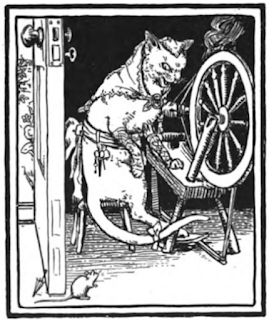Week 14 Lab: Advice to Writers

("Typewriter" by dr. shordzi via Flickr ) For my Week 14 Story Lab assignment, I read through some quotes on Jon Winokur’s Advice to Writers website. The first quote that really interested me was called “ The Golden Hours ” by Hilary Mantel. It basically says that even if you are busy with work, you can still put a few hours aside and if you are undistracted, you can accomplish a lot. I completely agree with this statement because if I honestly put my mind to writing, I can finish a lot quite fast. Even if I am busy with other schoolwork, I can always put aside an hour or two to do some writing for this class and if I am completely focused, which does not happen often, then I can accomplish a lot in that time period. The next quote that I related to was a quote by John McPhee called “ Writing is Selection ”. This quote is about how each part of writing is part of a selection process. As a writer, you choose the next paragraph, next word, next sentence, and more. I c...





